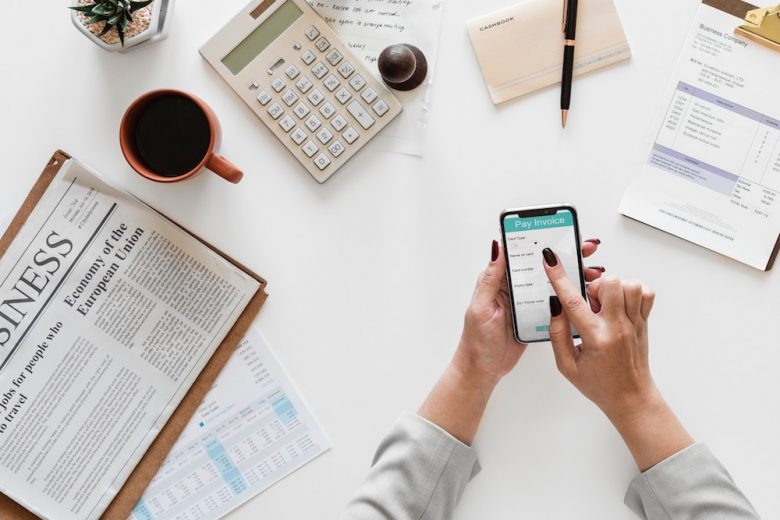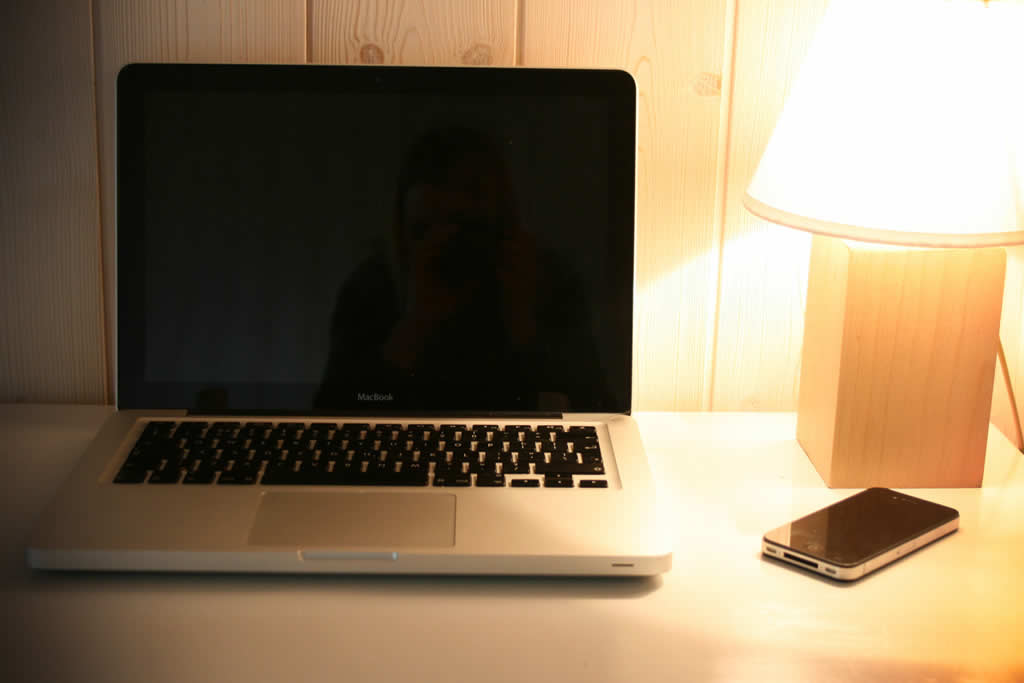What business expenses can you claim if you’re self-employed?
Self-employed and confused about what expenses you can and can’t claim on your self assessment? You’re not alone.
Our research amongst self-employed clients and contacts unearthed one query above all the rest: you want clarification on which business costs are and aren’t eligible for tax relief.
In fact, we found that people can be so worried about overclaiming that they overpay instead – and we don’t want that!
What business expenses can you claim?
To help you claim all your eligible self-employed expenses, we’ve compiled this – our definitive lowdown to what you can and can’t claim on your tax return.
Being definitive, it is quite long! So we’ve also created a handy free infographic to give you an easy reference point – click here to grab your copy.
First, one caveat. This is Rule One:
To be eligible, an expense must have been incurred “wholly for business purposes”. If a cost is part business, part personal, you can only reclaim the business proportion as a percentage of the total cost.
Always. Apply. Rule. One.
That done, let’s get on with the good stuff. What CAN you claim?
You CAN claim tax relief on the following expenses where they have been incurred wholly and exclusively in the course of running your business (Rule One making its debut there!).
1) Mileage
Most people reclaim mileage using HMRC’s approved mileage rates (also known as Simplified Mileage, Approved Mileage Allowance Payments and/or AMAP).
Since 2012, rates have been fixed at 45p up to 10,000 miles and 25p thereafter for business journeys.
The rate covers:
- Fuel, servicing/ MOT and repairs.
- Insurance.
- Excise Duty.
- Depreciation.
The rate doesn’t cover:
- Tolls and parking fees.
- Congestion charges.
- VAT paid on eligible costs – only relevant if you’re self-employed and VAT registered.
These are all business expenses, and can be claimed separately.
What DOES count as a business journey?
- If driving is your job – for example, if you’re a courier or lorry driver.
- If you travel to somewhere other than your workplace while doing your job – like a client meeting or on an errand which is (you guessed it) wholly for your business.
What DOESN’T count as a business journey?
- Commuting to and from work.
- Any journey whose main purpose isn’t for your business.
What records do I need to keep?
Your claim is based on the business miles you have done, so you need to keep an accurate and complete mileage log.
There’s no fixed format, so you can do whatever suits you – handwritten, computerised or using an App such as MileIQ or Tripcatcher.
Do make sure to hang on to your records as you would any other, in case HMRC ask to see your calculations (six years from the end of the relevant tax year or accounting period, if you’re wondering).
An example calculation?
Let’s say you did 12,000 business miles over the course of the tax year.
You would reclaim 10,000 miles at 45p, and 2,000 miles at 25p, giving you a deduction of £5,000.
Can I reclaim my actual costs?
Yes you can – but only if you’ve never claimed using AMAP rates, or you change your car.
Some people do find they’ll be better off by claiming based on actual costs incurred. Generally, we advise people to stick to the AMAP rates as you do need to be absolutely scrupulous in your calculations for actual costs – but absolutely, the option is available.
We strongly suggest that you seek professional advice if using this method to ensure that your calculations are correct.
2) Using your home as an office
HMRC also have a Simplified Expenses Rate for using your Home as your Office. To be eligible to use it, you need to work more than 25 hours a month from home and be a sole trader – or be in a partnership where all the partners are individuals. Also, you can’t be VAT registered.
Limited Companies and LLPs can’t use simplified expenses.
Simplified expenses rates for using your home as an office
Clearly, rates can change – but as at January 2024, the rates you can claim if you are self-employed are:
| Hours of business use per month | Flat rate per month |
| 25 to 50 | £10 |
| 51 to 100 | £18 |
| 101 and more | £26 |
An example calculation?
Let’s say you’ve just started working from home. For the first 6 months of the tax year, you worked from Home for between 35-45 hours per month, rising to between 60-80 for the remaining 6 months.
You would reclaim 6 months at £10 a month and 6 months at £18 per month, giving you a total flat rate reclaim of £168.
What are the pros and cons of the simplified rate?
The pros? Well, the clue’s in the name – claiming under the alternative method (actual costs) is quite time consuming and complex and something we strongly suggest you seek professional advice about.
The cons? Your potential reclaim can be quite small. However, it doesn’t include business phone and internet costs, which you can claim separately.
Can I reclaim against my actual costs instead?
Again, yes you can. After all, the flat rate offered under the Simplified Expenses scheme isn’t the most generous, so you could find that you’re entitled to a larger claim using Actual Costs.
However, there are some things you need to be aware of.
One reason why people prefer to claim simplified over actual expenses is that there areno set rules. HMRC say you can claim “reasonable” expenses, but there can be a concern that what seems reasonable to you may not be viewed in the same way by HMRC themselves.
You also need to be aware that you could fall foul of CGT if you don’t use your workspace for personal reasons at least some of the time – if it ends up classed as a space purely used for business, then you would face extra taxes if/when you sell.
Lastly, it simply takes longer to calculate. But it could be worth the extra time if your potential reclaim is likely to be significantly higher.
As with actual costs claims for mileage, we do strongly suggest you seek professional advice when using this method to ensure that your calculations are correct.
Our recent blog contains more information to help you make an informed decision.
What actual costs could I claim?
You can claim a proportion ofyour fixed costs, including rent, mortgage interest payments (not capital), council tax, home insurance and repairs to your workspace.
If claiming for repairs to your workspace, do be conscious of CGT and make sure to split your reclaim between your personal and work use of the space.
You can also claim a proportion of your running costs, such as heat and light.
How do I calculate how much I can claim?
First, work out the total number of rooms in your house (usually excluding kitchens, bathrooms and hallways).
Next, specify the number of rooms you genuinely use for work – by which we mean you need a genuine reason to say you use multiple rooms (for example, a photographer would legitimately need both a dark room and an office). If you flit around the house to get an occasional change of scenery, our recommendation is that you only claim for one room.
Divide your total expenses for the year by the total number of rooms, then multiply by the number of rooms you use for work. This is answer A.
Now work out the percentage of time you work by dividing the number of hours you work from home in a year by the number of total hours in the year – 8,760 hours in a normal year, 8,784 in a leap year. Multiply the answer by 100. This is answer B.
Multiply answer A by answer B.
Let’s look at an example
You live in a four-bedroom house with one living room, one study and one dining room (remember, your kitchen, bathrooms and hallways have been discounted) – that’s seven rooms. You work from your study.
Your total expenses (fixed and running costs) for the year are £21,000.
£21,000/7 rooms = £3,000 per room x 1 room = £3,000 (Answer A)
Let’s say you worked 160 hours a month throughout the tax year – that’s 1,920 hours.
It’s a normal year, so:
1,920/8,760*100 = 22% (Answer B)
£3,000*22% = £660
So you could reclaim £660 for your use of your home as your office, excluding your business phone and internet costs.
3) Travelling
If you travel for work, what can you reclaim when you’re away? You can reclaim the following travel expenses:
- Public transport – train, tram, bus, taxi.
- Air fares.
- Parking, tolls and congestion charges.
- Hotel rooms.
- Meals on overnight business trips.
- Car hire charges.
4) Day-to-day business running costs
What day-to-day business costs can you claim? Are you ready for a rather lengthy list? Here goes! You can reclaim the cost of the following general expenses:
- Goods you buy to sell, or raw materials and other direct production costs.
- The ‘tools of your trade’.
- Clothing required for your job (such as uniforms, protective clothing, entertainer’s costumes).
- Professional or trade memberships and subscriptions to journals.
- Business phone and internet use.
- Web costs (like hosting, web design or maintenance).
- Software subscriptions.
- Marketing, advertising and PR costs.
- Fees paid to professional advisers, such as tax services, accountants, lawyers and solicitors.
- Business insurances, like PI and public liability insurance.
- Employee, subcontractor and agency costs.
- Office equipment purchases, like computers or printers.
- General costs like stationery and postage.
- Business finance charges, including bank/loan/ credit card interest, overdraft charges and HP leasing payments on business assets.
Finally, some training costs are also eligible. As a sole trader, only training which improves your skills directly in relation to your existing trade is included – training in a new specialism is usually excluded.
What can’t you claim as a business expense?
Let’s move on to what you CAN’T CLAIM. We’re going to start this section by clarifying the two things we find are the most commonly misunderstood:
- The first is commuting. You can’t claim for your travel to and from work – it is neither a business expense, nor tax deductible.
- The second is entertaining. You can’t claim tax relief on the cost of entertaining clients, suppliers or customers – including meals, events and tickets to sporting or charity events. If incurred in the course of your business, then they area business expense – but they’re not eligible for tax relief.
Other ineligible expenses are:
- Everyday clothing (suits, day to day workwear).
- Childcare and school fees.
- Fines – including parking and speeding (even if on business time), HMRC penalties and interest.
- Gym fees – unless you’re an athlete or trainer and it’s essential for your job.
- Golf club memberships.
- Membership of political parties.
You should seek professional advice on the best way to deal with the following types of expense:
- Legal costs for property and machinery purchases aren’t eligible for tax relief, but they can usually be claimed as capital expenditure.
- Charitable donations are also ineligible, but they may be eligible for tax relief.
Need help with your tax return?
Phew! We hope that our thorough guide makes things clearer and helps you to maximise your income when you submit your next tax return.
If you’d like something you can easily refer to when doing your Self Assessment, don’t forget to grab your free copy of our handy infographic cheat sheet. And if you would rather leave the whole thing to the experts, our friendly team are happy to help!
Primus Tax offer a range of affordable, expert tax services for anyone who completes a Self Assessment. For more information, or to book a no obligation chat with a tax specialist, email us at info@primustax.co.uk or call today on 0845 6711105.
Photo by rawpixel










